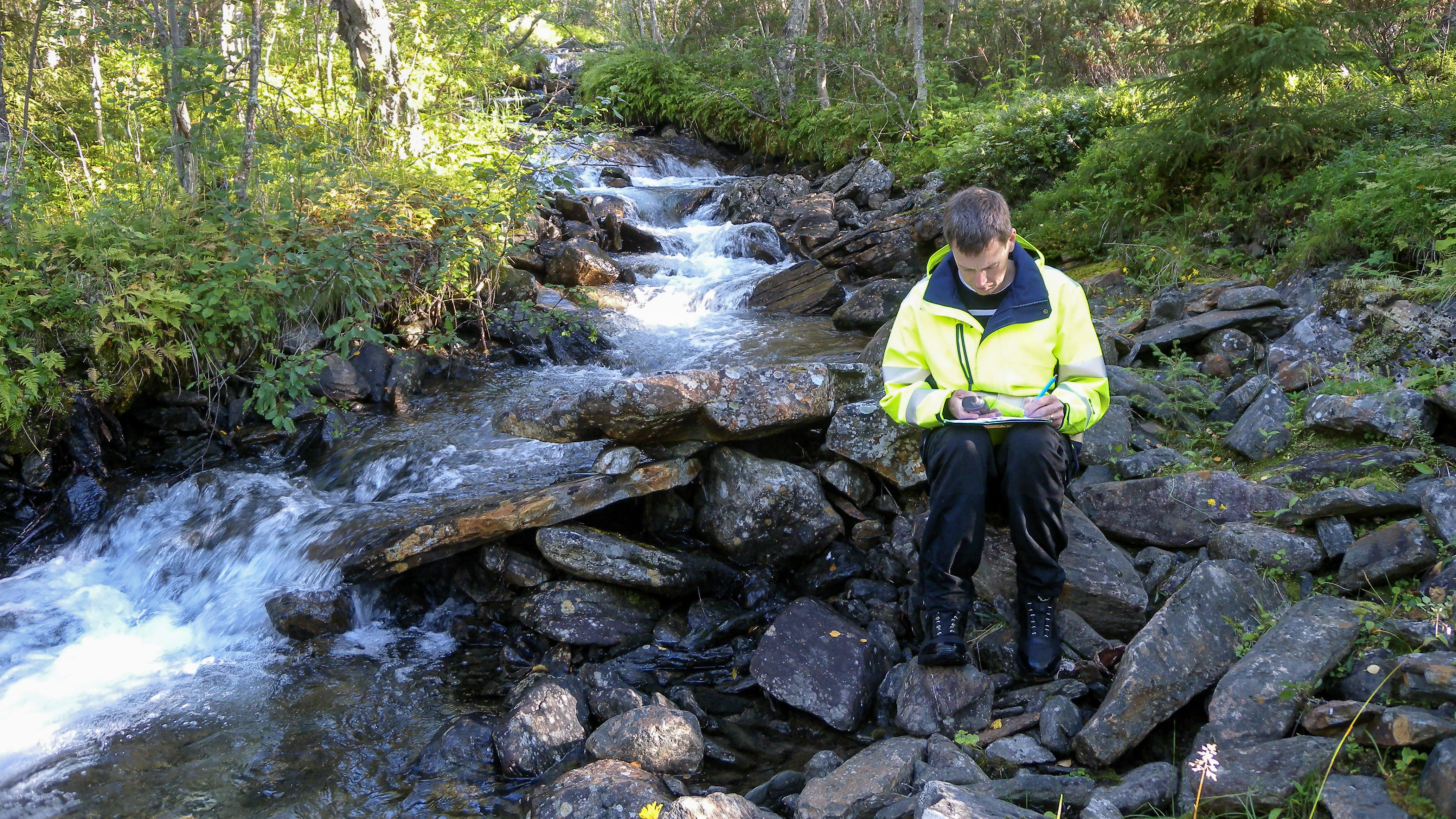New methodology for characterizing cascading natural hazards associated with landslide risk
A methodology for analysing and visualising cascading natural hazards – natural hazards that occur in an interconnected chain – has been developed by SGI. The methodology, presented in Natural Hazards, can be used to improve preparedness and risk management.









